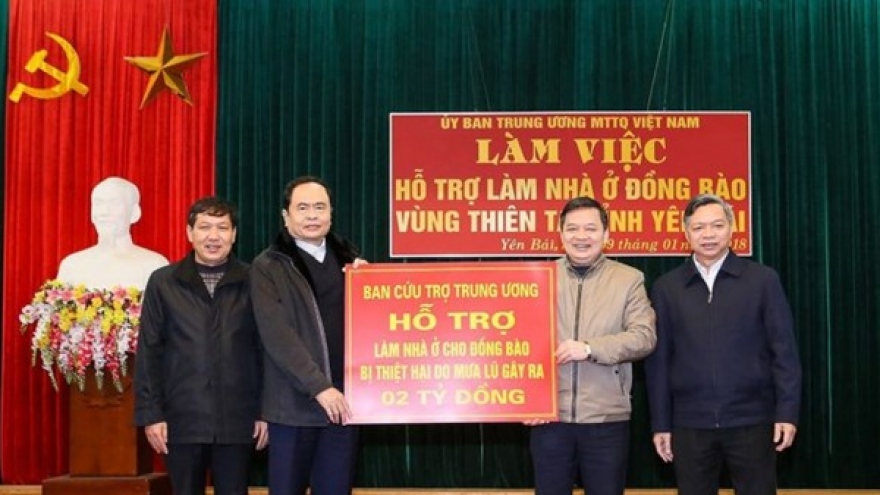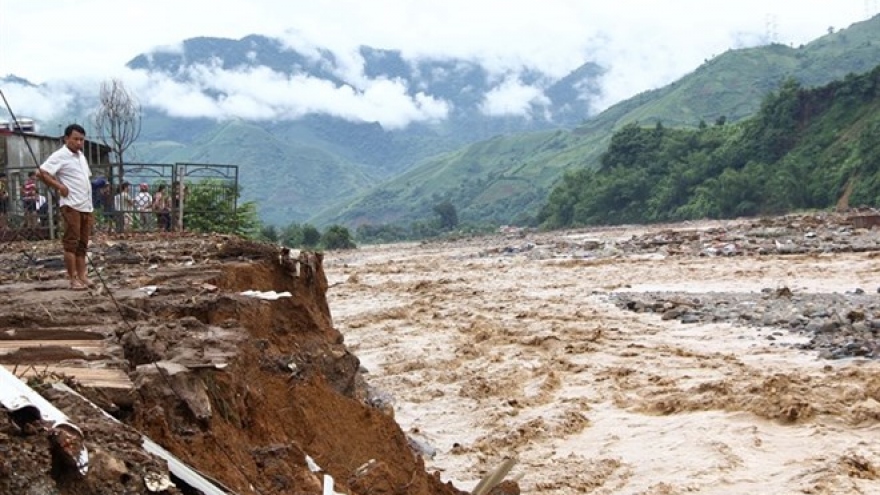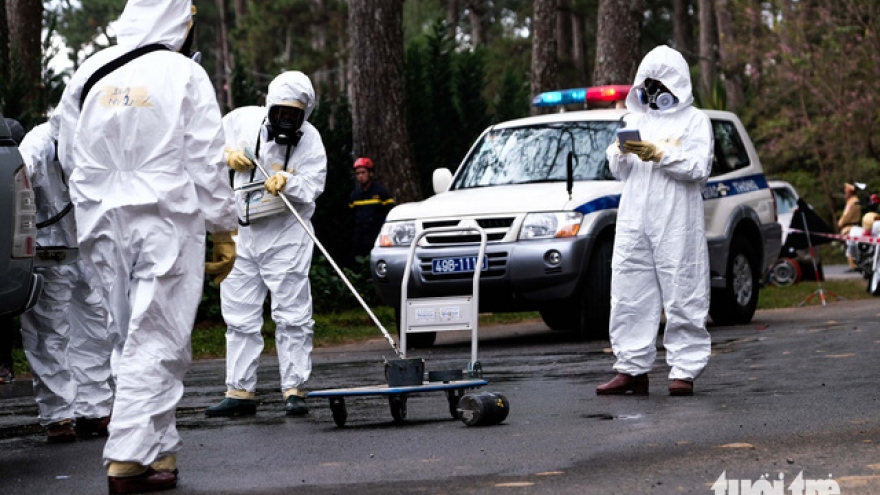Vietnam struggles to improve disaster forecast
Participants to a conference in Hanoi on February 26-27 agreed on the need for countries worldwide in general and Vietnam in particular to enhance weather forecast capacity by embracing new technology.
 |
In the case of Vietnam, a country that was hit with 16 typhoons in 2017 alone and is predicted to be among the countries most impacted by climate change, the failure to accurately gauge the power of storms might lead to devastating consequences – both in terms of human lives and economic damage.
The conference, jointly held by Vietnam’s National Centre for Hydro-Meteorological Forecasting and the International Typhoon Committee, was an opportunity for weather forecast experts from around the world to share experience and best practices in analysis and predicting extreme weather events, including typhoon, flooding, drought, salt intrusion and high tides – phenomena Vietnam has been familiar with throughout its history, but which many have said are developing unpredictably in recent times.
The latest technologies from countries with advanced capacity were introduced and shared in the conference, such as remote sensing or network monitoring. Technological methods to assess the impacts of climate on certain sectors as well as measures to adapt were also discussed.
Raymond Tanabe, director for the Pacific Region of the US National Weather Service, currently serving as a head advisor for the committee, stressed the importance of ensuring that the information could be reached by as many people as possible – especially via popular social media platforms like Facebook or Instagram.
At the conference, representatives from Vietnamese weather forecasting agencies have outlined strategies for the 2018, which would see more investment in a new system of supercomputers as well as upgrading its information networks to handle a large amount of data gathered from satellites.
Tran Hong Thai, Deputy Director General of the National Centre for Hydro-Meteorological Forecasting, said that weather forecast is indeed a “cross-border issue,” and international cooperation with other countries in the Southeast Asia region would also be prioritised.
“Vietnam has been an active participant, not only in the sense of learning from others’ experience, but also we have been sharing our data with other countries, all in an effort to deliver better forecasting results,” he added.
The conference was held along with other activities to commemorate the 50th anniversary of the committee, for which Vietnam is currently holding the presidential chair.
The committee was established in 1968 under the sponsorship of the United Nations Economic and Social Commission for Asia and the Pacific (UN-ESCAP). It currently has 14 member countries.



